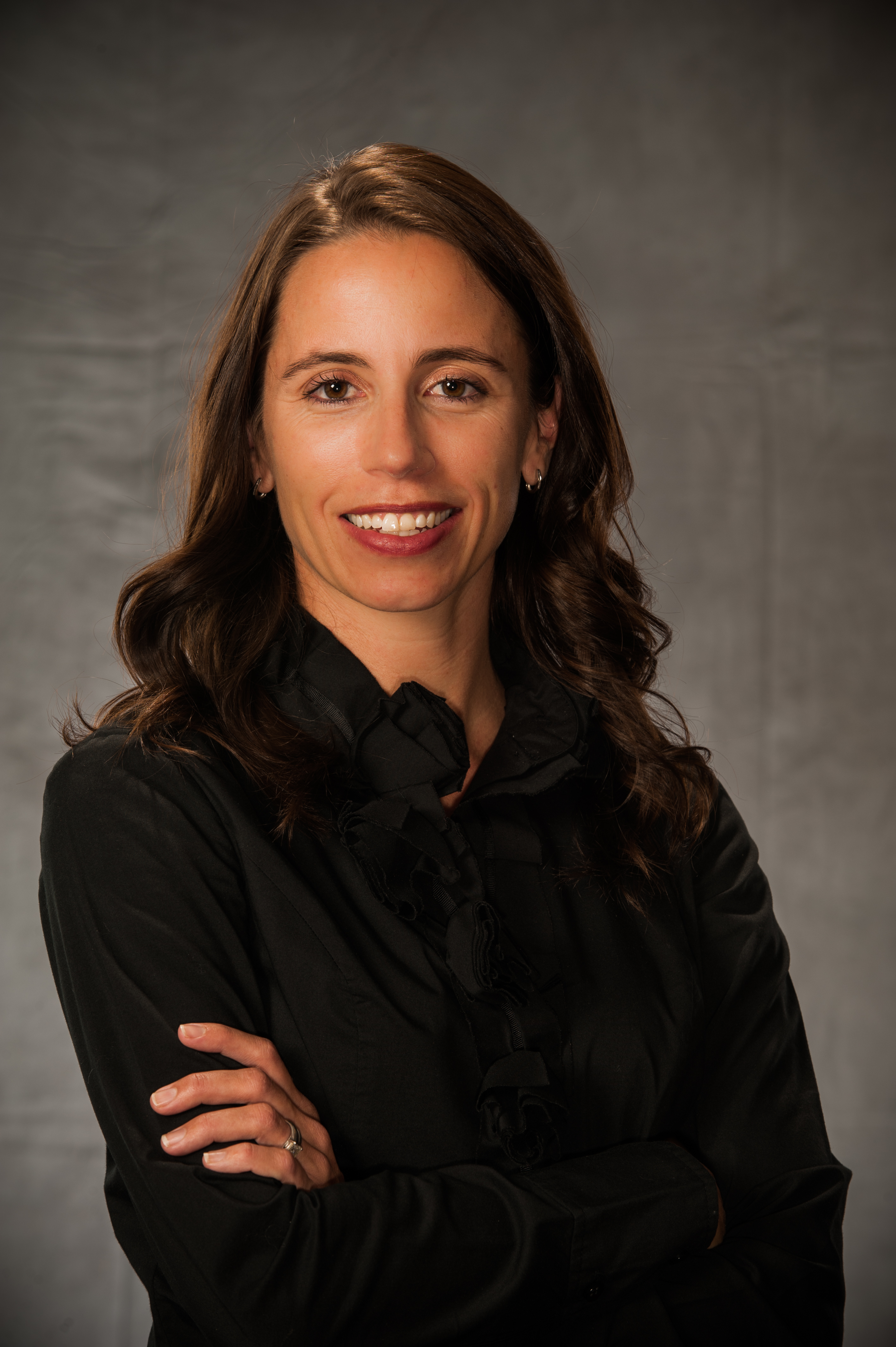Contributor: Sathvik Ramanan
Work and Life is a radio program hosted by Stew Friedman, director of the Wharton Work/Life Integration Project, on Sirius XM’s Channel 111, Business Radio Powered by Wharton. Every Tuesday at 7 pm EST, Stew speaks with everyday people and the world’s leading experts about creating harmony among work, home, community, and the private self (mind, body, and spirit).
On Work and Life, Stew Friedman spoke with Dr. Laura Little, the director of the Institute for Leadership Advancement and an assistant professor at the Terry College of Business at the University of Georgia. She received her MBA at the University of Texas and her PhD in organizational behavior at Oklahoma State University. She spoke with Stew about the results of a survey she conducted on the positive and negative professional images of pregnancy in the workplace.
The following are edited excerpts of their conversation.
Stew Friedman: Laura, you’ve studied pregnant women and the different strategies they use for managing and maintaining their professional identities. Was the subject of this research based on experiences you’ve had in your own life?
Laura Little: It was, yes. In my doctoral program I had two babies, which is not a normal thing in a doctoral program. It’s a time when you’re very concerned about maintaining the image that you’re a serious researcher and that you’re serious about your future career. I felt like I was constantly trying to manage that image.
It was, yes. In my doctoral program I had two babies, which is not a normal thing in a doctoral program. It’s a time when you’re very concerned about maintaining the image that you’re a serious researcher and that you’re serious about your future career. I felt like I was constantly trying to manage that image.
SF: To whom did you have to prove your seriousness — your colleagues, your fellow doctoral students, supervisors, faculty? Which group was the most critical?
LL: Probably the faculty, even though they were very supportive. I just felt like I didn’t have a role model for this. I didn’t know how they would react. I didn’t know what they would think of having two babies in the program.
SF: So you were concerned the faculty would judge you as not really serious?
LL: Exactly, it seemed like I just couldn’t be too serious about the career that was just beginning if I was starting a family.
SF: So tell us about the research that you did. How did you set it up, what did you expect to find, and what did you discover?
LL: We started with my co-author doing a qualitative study where she was interviewing women about their experiences with pregnancy in the workplace. She interviewed 35 or so pregnant working women without any direct hypotheses. She just wanted to understand what their concerns were and to keep it open to allow the model to develop itself. What we expected to find were concerns about identity change, about how pregnancy was affecting them internally, and how these perceptions would have an impact on the workplace. But what we found, in an overwhelming way, was that the primary concerns were outwardly focused. They were focused on their professional image and how they would be viewed at work. That was a little bit surprising, not that it was a concern, but that it was the overriding concern. I think it suggested to us that there are perhaps some issues in the way we handle pregnancy in the workplace if this is the overriding concern for most of these women.
SF: I was talking to another guest about becoming a father and all the benefits that derive from that change in status for men. How does that square with your own research and what you’ve observed?
LL: I think we do see more “Good Job!” directed towards men. And then for women there are more concerns.
SF: So there’s not a lot of high-fiving for moms when they come back from maternity leave?
LL: Well we see a stark difference between—and this maybe is true for men too—happy for you personally and happy for you professionally. And so a lot of what the women experience in the workplace is I’m happy you’re becoming a mother, but what does this mean for our organization? So it is a congratulations but not in a professional sense, and that leaves many women wanting from that standpoint.
SF: So naturally they are focused on how they are being viewed or potentially devalued?
LL: Exactly.
SF: What else can you tell us about what you discovered about how people cope?
LL: We find that there are two primary strategies, and they stem from two motives. One is to maintain your image—maintain that professional image of who you were before you got pregnant. This one has a strong driving motive. The other one is reduction of devaluation, as we call it, to try to avoid being discriminated against and to try to avoid these negative career consequences that come with pregnancy. So these are the two overwhelming motives that we see women use. What we see with women who want to continue to maintain their image is that they direct their energy in a very proactive way towards making sure they’re not viewed differently. That includes maintaining the same pace they did before they were pregnant, not requesting accommodation, going the extra mile—some of the things that I kind of described myself doing—even shortening my maternity leave. And these are very proactive behaviors aimed at not having that perception changed.
The other strategies are what we call decategorization, which is about hiding the pregnancy. So these can be literally physically hiding the pregnancy and not telling people about it or just downplaying it. They are trying to reduce the salience of the pregnancy, not talking about it, not talking about what they’re going to do once they have their baby. We see that a fear motive—worries about negative career consequences—really drives people to behave in this way.
Interestingly we find that these two types of behaviors have very different outcomes. So we looked at it with burnout and perceived discrimination and then whether or not they go back to work. We find that the image maintenance behavior has positive consequences to reduce burnout and perceived discrimination and increase the likelihood of these women going back to work.
To learn more about Laura Little and her work, visit here.
Join Work and Life next Tuesday at 7 pm on Sirius XM Channel 111. Visit Work and Life for a full schedule of future guests.
About the Author
Sathvik Ramanan  is an undergraduate freshman in the Vagelos Program in the Life Sciences and Management at the University of Pennsylvania.
is an undergraduate freshman in the Vagelos Program in the Life Sciences and Management at the University of Pennsylvania.
Leave a Reply